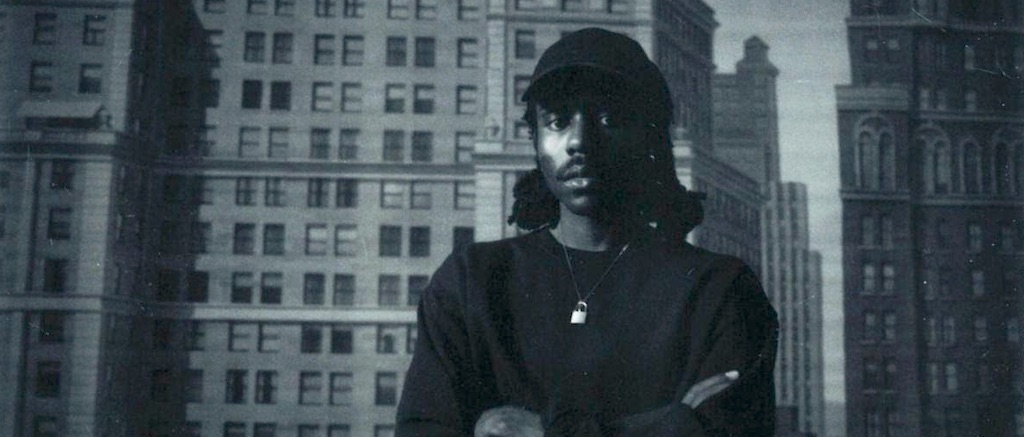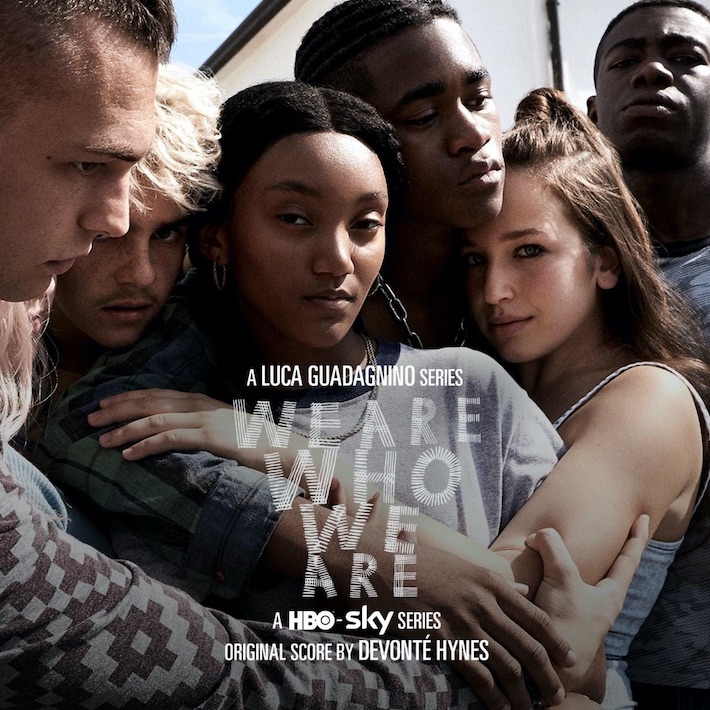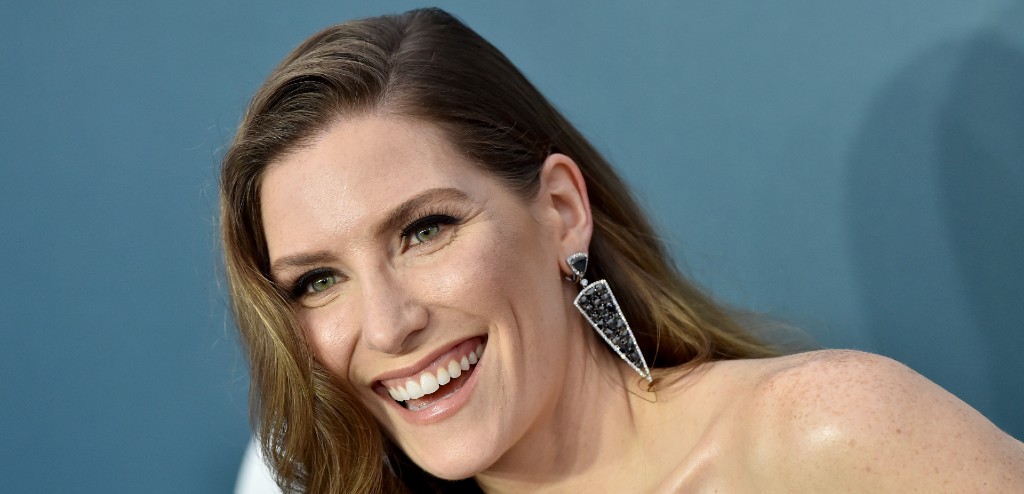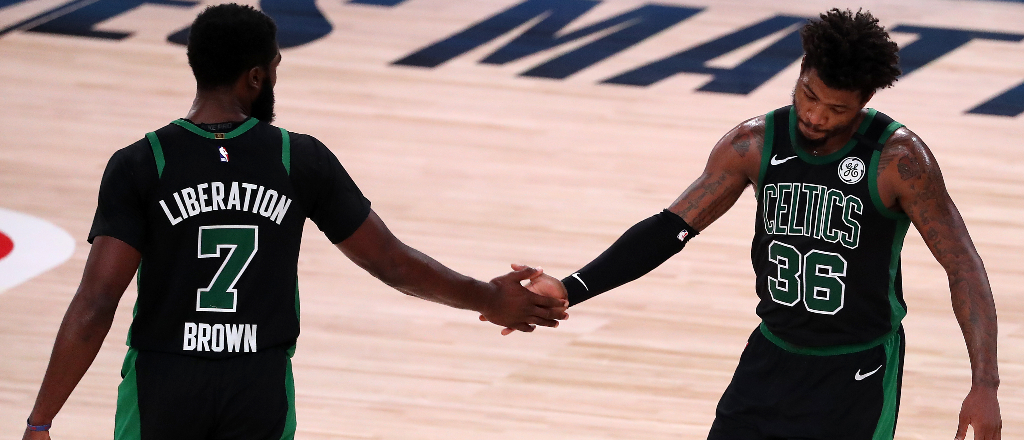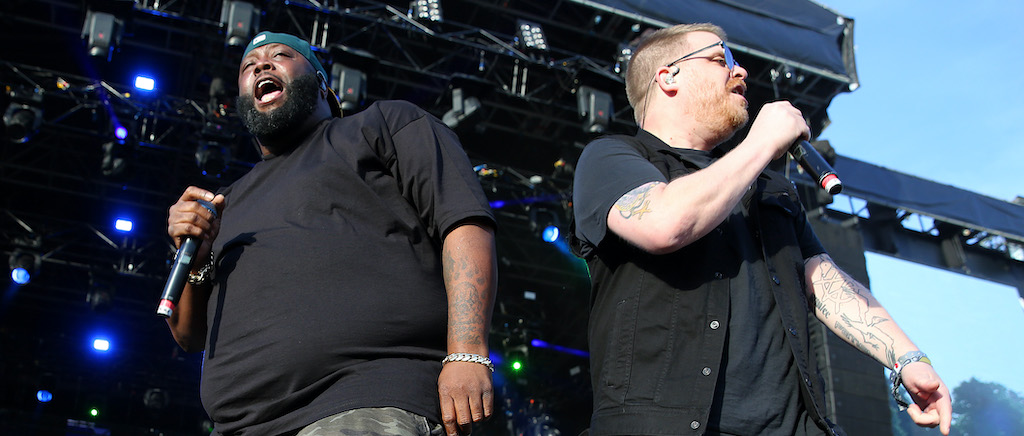
COVID-19 has transformed smoking cannabis from a communal act where joints, blunts, and bongs are freely passed around, completely unsanitized, into a weird distant hang where you stand six feet away from your friends (outside) and shout stoned observations to them while smoking from your own individual devices, doing your best not to cough in their general direction. It’s taken some getting used to for sure, but we’re managing — thanks in small part to the abundance of pre-rolls hitting the market.
Among the deluge of brands since weed went legal, California-based High 90’s has gotten a lot of love in stoner circles for their flavored, wax-infused pre-rolls. Made with top-shelf flower blended with a potent 1,200 mg Cannabis wax, High 90’s joints feel tailor-made for the pandemic — packing a knock-your-off-your-ass 30%-40% THC level per joint that will give you an all-day high from a single session. After all, who wants to smoke all day when we’ve got a raging respiratory virus creating a constant state of anxiety in us? Preserve those lungs.
High 90s flavors — including Strawberry, Gelato, Peach, Watermelon, Pineapple, Pink Lemonade, Tropical Punch, and something called Double Cup — don’t necessarily provide a different experience. But we still have pretty strong feelings about which pre-roll tastes the best and compliments the natural terpenes and flavors of High 90’s indoor flower. We ranked each flavor from worst to best, but we’ll note that each pre-roll resulted in a pretty similar high, so go with your gut.
8. Pink Lemonade
THC: 31.94%
CBD: 1.75mg
Coming in last is High 90’s Pink Lemonade pre-roll. The flavors here just never really gel together, the pink lemonade flavor is way too subtle — it neither tastes “pink” nor much like lemonade — and don’t compliment the dank and dark flavors of the cannabis wax.
Bottom Line: Skip this one, it’s not as good as you want it to be.
7. Tropical Punch
THC: 29.70%
CBD: 1.63mg
The trend in my case seemed to be that my least favorite High 90’s pre-roll flavors were the joints based on drinks, but the Tropical Punch is a considerable jump up in quality from the Pink Lemonade, with pronounced notes of cherry, pineapple, citrus, and strawberry. The smell of this pre-roll when lit is tantalizingly refreshing and the flavor recalls cannabis-infused Popsicle Big Sticks.
Bottom Line: Maybe it’s because it tastes so much like a Cherry Pineapple Big Stick, but we’re going to go ahead and suggest you pair this one alongside a popsicle.
6. Double Cup
THC: 30.60%
CBD: 1.63mg
Double Cup combines medicinal flavors with a zesty lemon-lime soda twist meant to recall a cup of lean. And while it’s not exactly an accurate approximation, the flavors still make an interesting pairing with the flavors of the flower.
Bottom Line: If you’re looking for a uniquely flavored pre-roll that is unlike what is typically found at your local dispensary, Double Cup is your joint!
5. Watermelon
THC: 36.61%
CBD: 1.64mg
Crispy and refreshing notes of Watermelon color each drag with this pre-roll, providing a light fruit flavor that doesn’t feel intrusive and lingers sweetly on the palate. I found myself enjoying High 90’s single flavor pre-rolls considerably more than the fruit cocktail drink-based flavors.
Bottom Line: A great light flavor for wake and baking, light up one of these joints at the beach while watching waves roll in for a cheap vacation.
4.Pineapple
THC: 33.37%
CBD: 1.76mg
High 90’s Pineapple pre-rolls are the brand’s sweetest flavor with bright tart notes and a slight sour bite that can cause some salivation. The pineapple flavor really coats your tongue, so if you’re not into intense flavors the Pineapple Pre-Roll probably isn’t for you. Personally, I was loving it.
Bottom Line: The Pineapple Pre-Roll pairs nicely with a citrus-forward cocktail or anything with pineapple, you’ll want something to wash the sticky sweet flavor down.
3. Peach
THC: 32.15%
CBD: 1.63mg
Lighting up a Peach High 90’s pre-roll is an incredibly calming experience as the subtle peach aroma joins the gassy dank smell of the cannabis. The flavor here isn’t overly candied like the Pineapple, adding a subtle flavor to the smoke that doesn’t stain the palate — providing a pretty clean experience that won’t feel like it needs to be washed down after the joint is killed.
Bottom Line: Peach offers a great option for those looking for a subtly flavored experience that will sell them on the opinion that flavored joints are superior to non-flavored joints.
2. Strawberry
THC: 30.78%
CBD: 1.61mg
Considering Strawberry is as prevalent a flavor as Grape when it comes to flavored pre-rolls, it feels a little basic to give High 90’s Strawberry flavored joint such high marks, but credit where credit is due — this is one of the finest strawberry pre-rolls we’ve ever had the pleasure of smoking.
Where typical Strawberry pre-rolls taste overly chemical, High 90’s tastes surprisingly natural, with a sweet and sticky flavor that cuts through the wax distillate, providing a smoke that’s heavily colored by the natural strawberry flavors.
Bottom Line: Don’t skip out on this flavor because it feels tired, lighting up this strawberry joint will make you feel like you’re getting high in a strawberry field, which is the closest thing to a vacation you’re going to experience this year.
1. Gelato
THC: 32.82%
CBD: 1.72mg
This is the flavor I find myself coming back to again and again, in fact, it’s probably my favorite flavored pre-roll of all time. The Gelato pre-roll smells amazing before you smoke it but lighting this joint really brings the flavors and aroma to life as the homely scent of fresh-baked cookies fills the space. The smell is so sweet it’ll instantly induce the munchies before your high has fully kicked in, making this a great wake and bake or just before bed strain to close out the night.
Bottom Line: If you’re going to try one pre-roll from High 90’s, make it Gelato. Period.
WHERE TO GET THEM: High 90’s flavored wax-infused pre-rolls are available across 22 dispensaries in California. To shop the flavors and figure out where to buy them, visit the High 90’s webpage or their Weedmaps page.

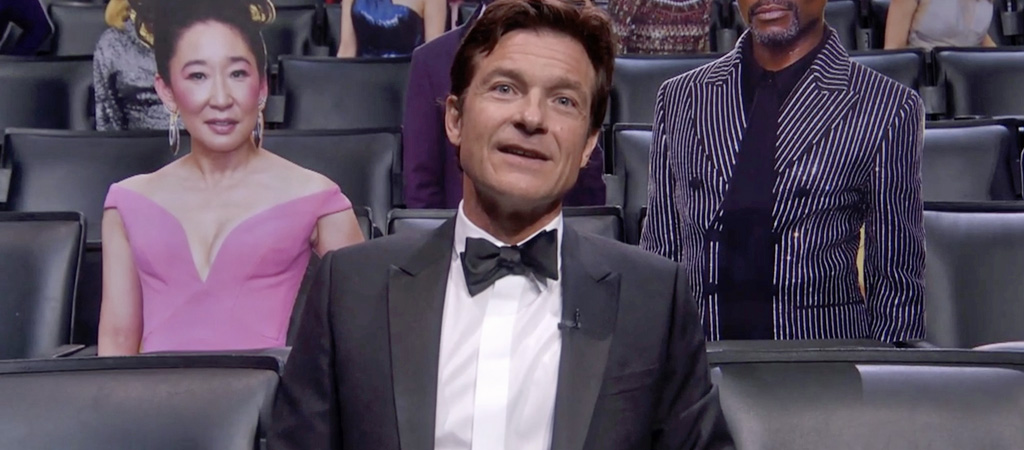

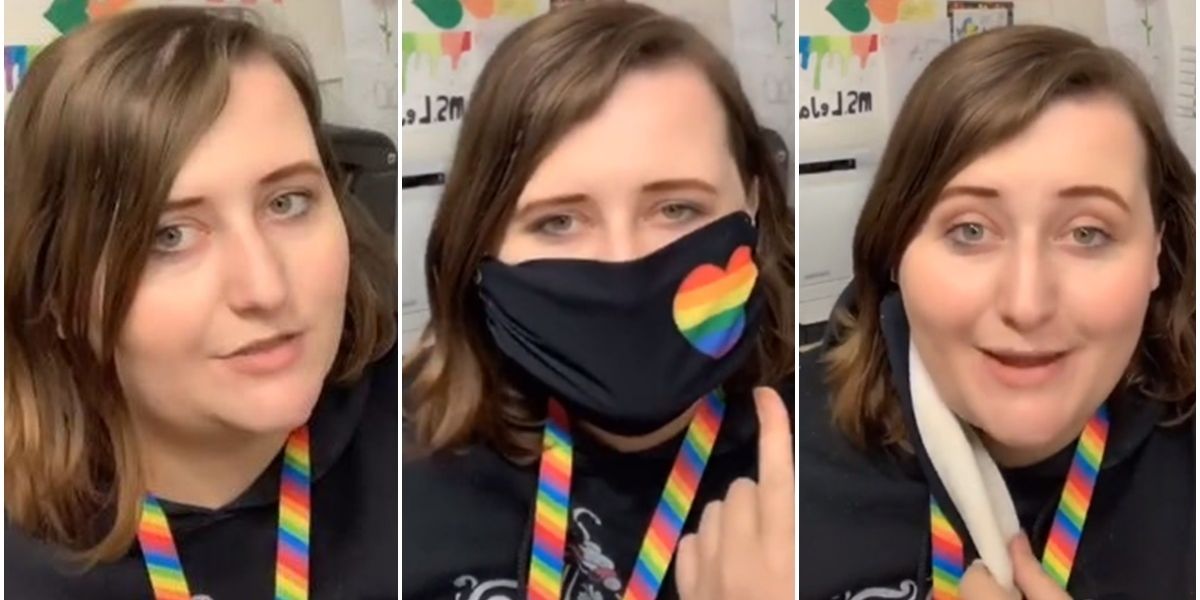
 via msleja / TikTok
via msleja / TikTok via msleja / TikTok
via msleja / TikTok